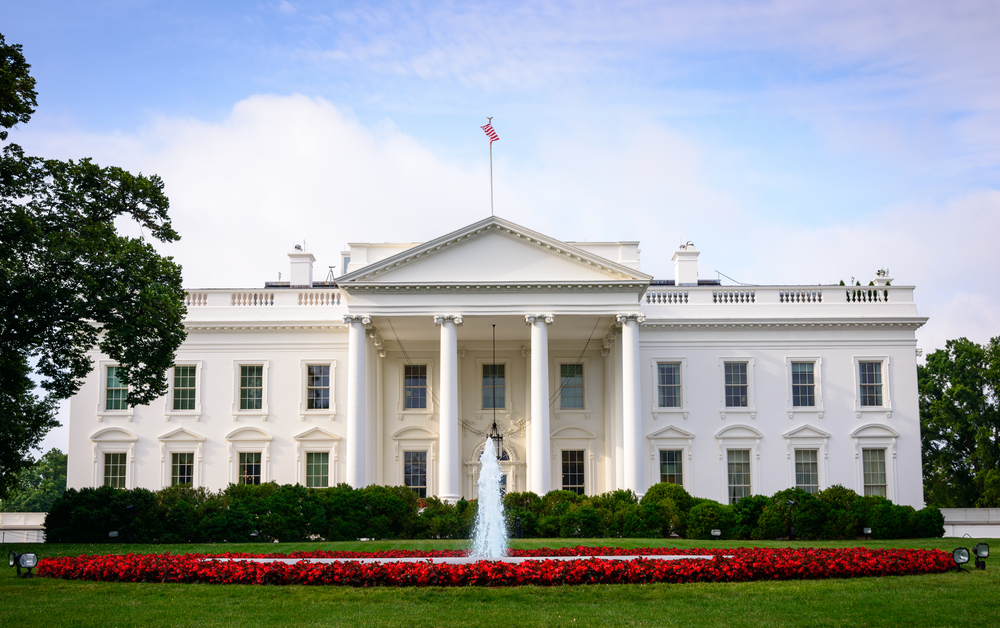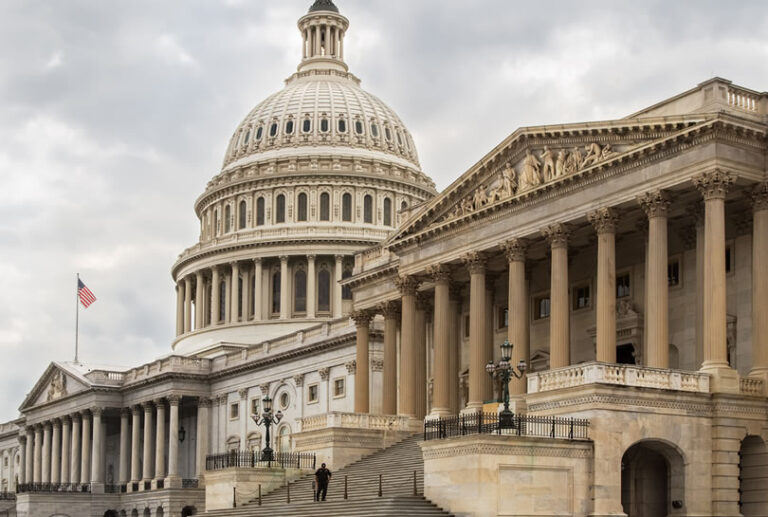Sept. 14, 2020 – As the COVID-19 pandemic persists and the race for a vaccine to prevent contracting the virus heats up, there is a great deal of misinformation circulating about treatments and the majority of Americans are concerned that political pressure from the Trump administration will lead the Food and Drug Administration to approve a vaccine before its safety and efficacy has been validated, according to a Kaiser Family Foundation (KFF) poll published Sept. 10.
KFF found that nearly 50 percent of adults “hold at least one misconception about coronavirus prevention and treatment, including one in five who say wearing a mask is harmful to your health and one in four who say hydroxychloroquine is an effective treatment for coronavirus.”
“That so many Americans have beliefs contrary to scientific evidence on one of the most publicized issues in years again illustrates the profound and lasting impact of misinformation spread on social media, cable news, and from some government leaders,” said Coalition for Healthcare Communication Executive Director Jon Bigelow.
Both the KFF poll and a recent poll done by Harris Poll and STAT indicate that most Americans believe that the process of developing and approving a COVID-19 vaccine is being driven more by politics than by science. The KFF poll showed that 62 percent of Americans polled share that concern and the Harris/STAT poll cited that number as 78 percent.
A lack of public confidence in federal health agencies could not come at a worse time. “This weakening of public confidence comes as the FDA approaches what will be arguably its highest-profile decision in decades: whether to approve a COVID-19 vaccine before the election,” noted Bigelow. “It’s not a good sign when the FDA is front and center in a presidential campaign.”
Approximately four in 10 adults say that both the FDA and the Centers for Disease Control and Prevention (CDC) are “paying ‘too much attention’ to politics when it comes to reviewing and approving treatments for coronavirus or issuing guidelines and recommendations,” the KFF poll found. And 83 percent of those responding to the Harris/STAT poll stated that if a vaccine were approved quickly, they would worry about its safety.
“These Kaiser poll findings, coupled with recent Harris-STAT findings, suggest that White House efforts to talk up an early vaccine approval as the solution to COVID-19 have backfired,” according to Bigelow. “Large proportions of Americans now see the advice they hear from our public health agencies as being influenced by partisan politics, and there is real danger that when an effective and safe vaccine eventually becomes available, it won’t be widely accepted,” Bigelow warned.
Nine vaccine manufacturers took action last week, issuing a public pledge that they would not seek government approval of a COVID-19 vaccine until after they demonstrate “safety and efficacy through a Phase 3 clinical study,” and stating that vaccine approval must “adhere to high scientific and ethical standards.”
These nine manufacturers – AstraZeneca, BioNTech, GlaxoSmithKline, Johnson & Johnson, Merck, Moderna, Novavax, Pfizer, and Sanofi – are right to be concerned about rushing a vaccine rollout, Bigelow explained.
“Much as the companies want to be first to market with an effective vaccine, they realize that launching a vaccine that could cause serious adverse reactions when given to millions of patients, and/or that fails to protect against COVID-19, would badly damage their own reputations,” he said. “Further, a highly visible failure with the first COVID-19 vaccine would make the public less likely to accept any later, better COVID-19 vaccine, and would feed the broader anti-vaxxer movement against the many safe and lifesaving vaccines already in general use.”
The apparent political pressure from the Trump administration on public health agencies now appears palpable to at least some of the American public. In the KFF poll, respondents were asked show they trust “a great deal” or “a fair amount” to provide reliable information on coronavirus:
- 68 percent said Dr. Anthony Fauci, director of the National Institute of Allergy and Infectious Diseases;
- 67 percent said the CDC;
- 53 percent said Dr, Deborah Birx, coronavirus response coordinator for the White House Coronavirus Task Force;
- 52 percent said Democratic presidential candidate Joe Biden; and
- 40 percent said President Donald Trump.
However, KFF reports that the share of adults who trust the CDC to provide reliable information has decreased 16 percentage points since April; the decline for Fauci since April is 10 percentage points.
The KFF poll did not address public confidence in the FDA, although its findings on the vaccine do implicate the agency. The FDA Commissioner, Dr. Stephen Hahn, has said repeatedly that he will ensure that science drives any approval decisions. Dr. Peter Marks, director of the FDA Center for Biologics Evaluation and Research, has stated he would resign if pressed to approve a vaccine before clear data supported it, and it is reported that others in FDA leadership also would leave.
Yet confidence in the ability to ward off White House pressure was shaken when Dr. Hahn joined President Trump at a press conference and stated that convalescent plasma might save 35 percent of patients even though the reported data indicated no such advantage; he has since walked back that claim, Bigelow noted, adding that to the extent the FDA has resisted the president’s wishes, President Trump has charged that the “deep state” is slowing drug development to harm his re-election prospects.
Interestingly, with the election just weeks away and the pandemic on its seventh month, 36 percent of Democrats polled by KFF cite the coronavirus outbreak as their number one priority in presidential voting, 19 percent of Independents rank the outbreak at number one (trailing the economy at 29 percent and criminal justice and policing at 20 percent), and just 4 percent of Republicans rank the outbreak as number one (trailing the economy at 53 percent and criminal justice and policing at 23 percent).




